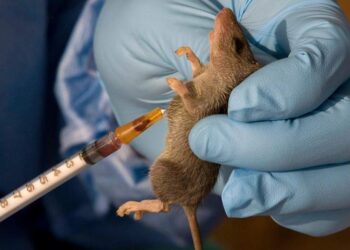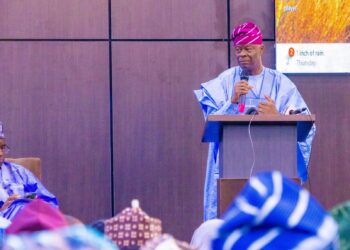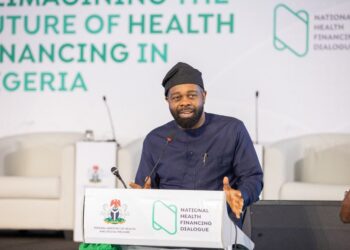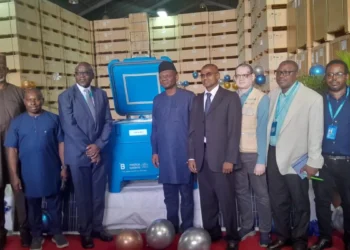The Federal Government has approved the disbursement of N12.911 billion to key health agencies, including the National Health Insurance Authority (NHIA), National Primary Healthcare Development Agency (NPHCDA), Nigeria Centre for Disease Control and Prevention (NCDC), and the National Emergency Medical Service and Ambulance System (NEMSAS).
The approval was made during the eighth meeting of the Ministerial Oversight Committee (MOC) of the Basic Health Care Provision Fund (BHCPF) held in Abuja on Friday.
This fund allocation pertains specifically to the fourth quarter of 2024 and aligns with the current BHCPF guidelines.
The eighth MOC is tasked with ensuring the effective implementation, transparency, and accountability of the BHCPF. It oversees the fund’s strategic direction, monitors disbursements, and guarantees alignment among the four principal agencies: NHIA, NPHCDA, NEMSAS, and NCDC.
The committee stated, “In alignment with Nigeria’s Health Sector Renewal Initiative and President Bola Ahmed Tinubu’s endorsement of a Sector-Wide Approach, significant reforms of the BHCPF have been initiated. These reforms, led by a sub-committee established during the 5th MOC meeting in 2023, include an ongoing review of the BHCPF guidelines, operational architecture reforms, and strengthening governance structures.”
Revised guidelines and subcommittee formation
During the meeting, memos were presented for the adoption of the revised BHCPF 2.0 Guidelines, the accountability framework, and the planned disbursement of funds for the fourth quarter of the 2023 financial year. The MOC confirmed the allocation of N12.911 billion to the aforementioned health agencies.
To tackle delays in disbursement, a subcommittee has been established, comprising representatives from State Social Health Insurance Agencies, the MOC Secretariat, NHIA, Chief Executive Officers, the World Health Organization, and State Primary Health Care Development Agencies. This subcommittee is expected to report back within two weeks.
Progress in health sector Governance
In remarks to journalists, Prof. Muhammad Pate, the Coordinating Minister of Health and Social Welfare, highlighted the Federal Government’s progress in enhancing governance within the health sector and improving health outcomes for the population.
He noted that “2.4 million vulnerable Nigerians have been enrolled in the Vulnerable Groups Fund in one year.”
“The integrated healthcare workers’ training is underway. We announced that we’ve reached 120,000 permanent health workers as part of the President’s initiative. 40,000 have already been trained, and more will be trained going forward. We are grappling with difficult challenges in a very complex sector, but we are making progress to improve population outcomes,” Pate stated.
He further remarked, “Some states are excelling, like Anambra, while others are lagging behind. However, we need to ensure that healthcare services are available to the people. It’s a journey we are on together with the Federal Government, states, and other stakeholders.”
What you should know
National Health Insurance Authority (NHIA): Responsible for implementing and regulating the National Health Insurance Scheme (NHIS) in Nigeria. Its main goal is to ensure that all citizens have access to quality healthcare through health insurance coverage. The NHIA oversees the administration of health insurance plans, establishes guidelines for healthcare providers, and works to increase enrolment in health insurance programs.
National Primary Healthcare Development Agency (NPHCDA): Tasked with coordinating the development and implementation of primary healthcare services in Nigeria. It aims to enhance the accessibility, availability, and quality of primary healthcare across the country. The agency oversees immunization programs, maternal and child health initiatives, disease control programs, and community health services.
Nigeria Centre for Disease Control and Prevention (NCDC): Nigeria’s national public health institute, playing a crucial role in disease prevention and control, as well as response to public health emergencies. The NCDC conducts disease surveillance, provides outbreak response, implements health promotion activities, and develops guidelines for disease prevention and control.
National Emergency Medical Service and Ambulance System (NEMSAS): Responsible for coordinating emergency medical services in Nigeria, ensuring timely and effective responses to medical emergencies through ambulance services. The agency focuses on developing a robust emergency medical system, training personnel, improving response times, and enhancing the overall quality of emergency medical care in the country.
























